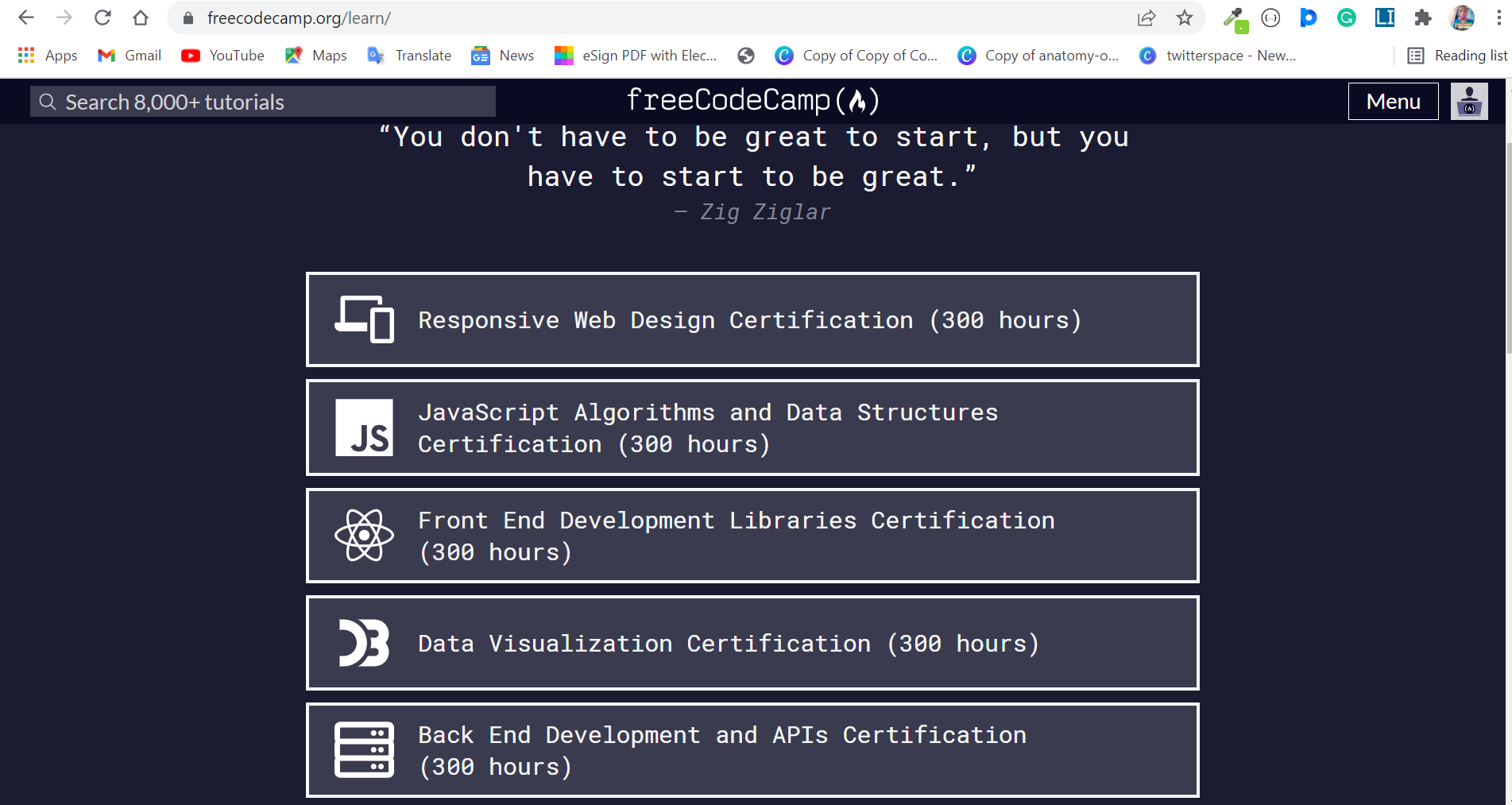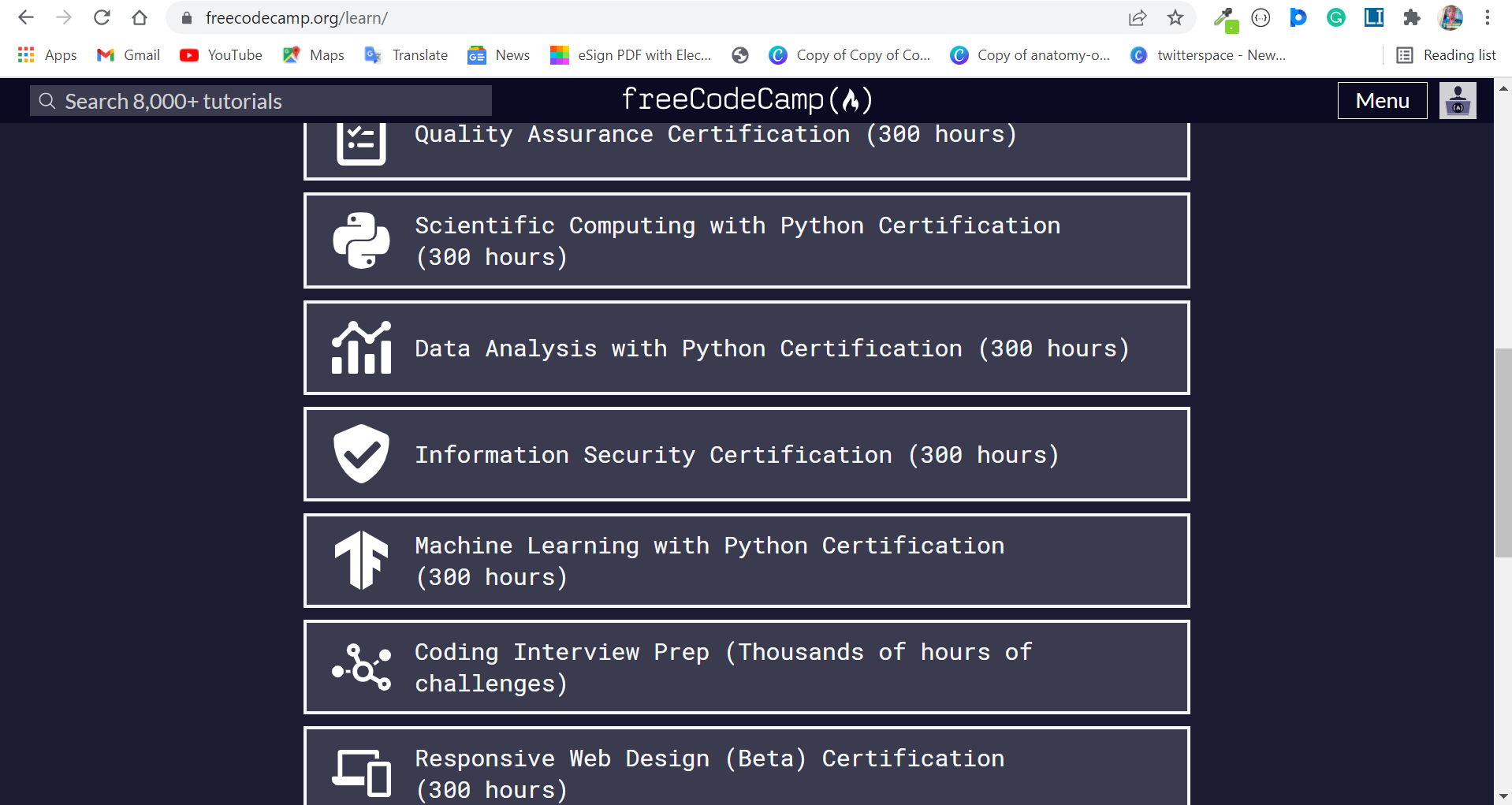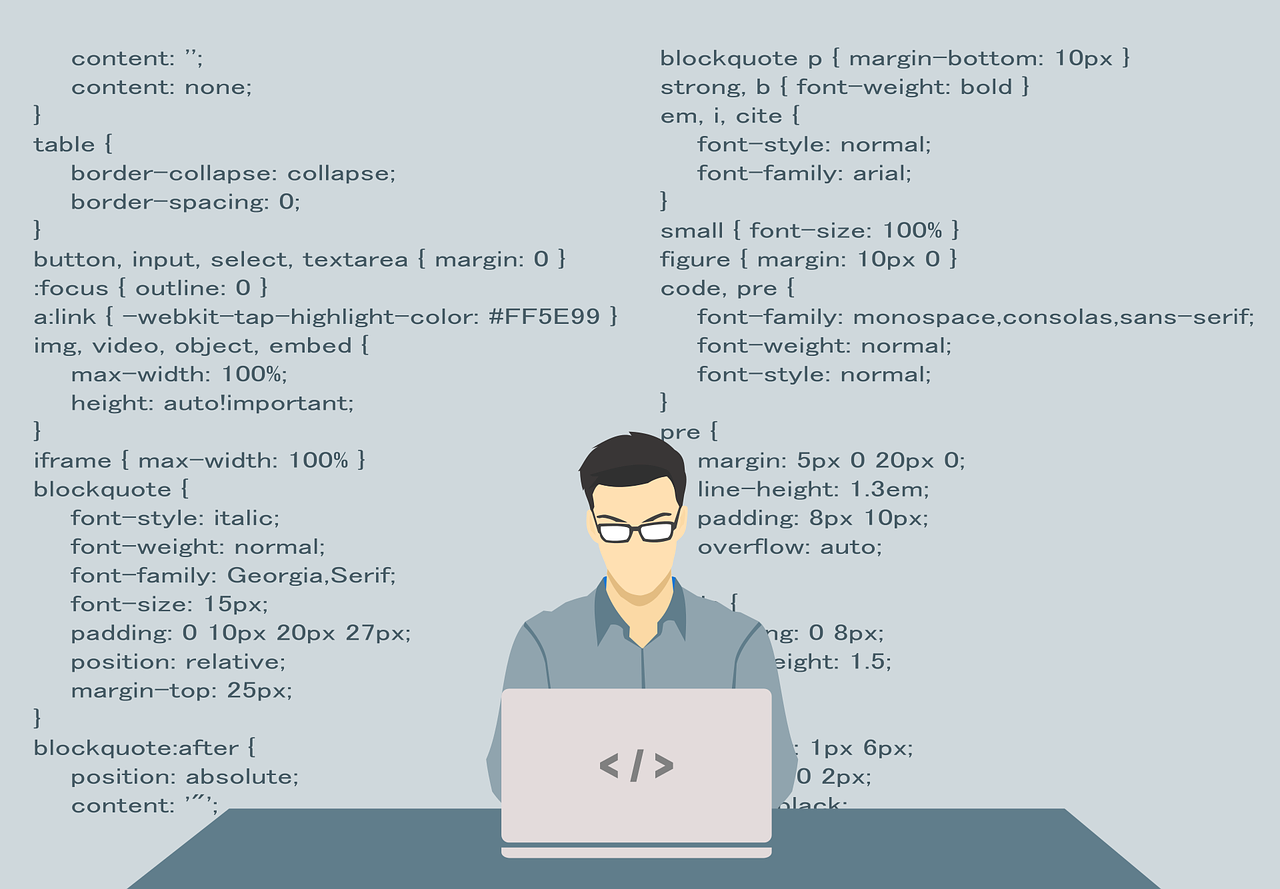You might have heard the term "coding" for a while now. It has changed the way we live and work, from automating tasks to helping people get well-paying jobs to support their families.
If you want to learn about what coding means and what it is used for, you’ve come to the right place. In this article, I will dive into what coding really is, what you can do with it, and how you can learn to code.
Table of Contents
- Meaning of Coding
- Why is Coding Important?
- What are Programming Languages?
- What is Coding Used For?
- How you can Learn to Code
- Final Thoughts
Meaning of Coding
Coding is the process of creating instructions that computers then interpret and follow. Coding is also known as programming – even though a lot of people would argue there is a slight difference between the two, coding and programming still reference the same general process in the long run.
People who code are known as programmers or developers, and the set of instructions they pass on to a computer is called a program.
These programs can be interpreted by the computer so that the computer can then execute what the programmer intends to make it do. Examples of programs and things built with code are websites, web applications, mobile applications, games, and artificial intelligence systems.
Why is Coding Important?
Computers don’t understand the languages we humans speak. So, for you as a human to communicate with computers, you need to learn a coding language, or better put, a programming language.
The primary type of code computers understand is binary. Binary consists of only 0s and 1s, with 0 meaning off and 1 meaning on.
Computers understand these 0s and 1s because they are made by combing thousands of transistors – solid state off and on switches.
The 0s of binary tell the transistors to switch off and the 1s tell the transistors to switch on. When thousands of these transistors work through the help of binary, then you are able to communicate with computers and get them to do something for you.
The downside of binary is that working with it to switch on and off the thousands of transistors in a computer by hand would take ages. So other low-level and high level programming languages were created to make these tasks easier for programmers.
This takes us to our next topic – learning what programming languages are.
What are Programming Languages?
Programming languages define a set of rules to follow in order to write the code that lets us communicate with computers.
With these programming languages, you can write code to make websites, web applications, mobile applications, desktop applications and many other things.
Examples of these programming languages are C, C++, C#, Java, JavaScript, PHP, Ruby, R, Solidity, Python, SQL, and many more.
All these programming languages are either low-level or high level. The low-level programming languages are closer to binary and take time to get comfortable with. Some examples are C and C++.
High level languages, on the other hand, are closer to human languages and you can write a considerable amount of them in pure English. They are easier to get started with and are powerful when implemented. Some examples are Python and JavaScript.
Programming languages are unique in their ways of doing things and what they do primarily.
For example, JavaScript is primarily used for programming websites and web applications, PHP is used for making web servers, Python is general purpose and also used for server-side programming, and C++ is closer to machines and so it is used for making computer operating systems and programming machines.
What is Coding Used For?
In our day to day lives, coding is everywhere and is used for almost everything. Since coding is used for virtually everything, computer programmers need to specialize in a particular field.
Some of the main uses of coding are in web development, mobile app development, database administration, and more.
Web Development
Web development deals with the creation of websites and web applications. The professionals who create these websites and web applications are called web developers.
In web development, there is frontend development and backend development.
Frontend development involves the creation of user interfaces (UIs) with markup languages such as HTML and CSS, and a programming called JavaScript. Those who create these user interfaces are called frontend developers.
For flexibility, JavaScript is further built upon throught the use of libraries and frameworks such as React, Vue, Svelte and Angular.
Backend development, on the other hand, is the creation of web servers that make the user interfaces (UIs) more interactive. This is done with languages such as PHP, Ruby, Python, and JavaScript (through Node JS).
Those who engage in backend development are called backend developers.
A lot of people specialize in either backend or frontend development, while some others are more adventurous, so they do both and are called fullstack developers.
Mobile Development
Mobile development involves the creation of mobile apps so users can easily access content and services on their phones. The developers who engage in mobile development are called mobile developers.
On many occasions, mobile development means taking the content of a website and then modifying it into mobile app form. An example is the freeCodeCamp mobile app with which you can access freeCodeCamp learning resources and well written articles on your phone.
Examples of programming languages you can use for making mobile apps are Dart (with Flutter), Java, Swift, and JavaScript (with React native).
Database Administration
Database administration is the creation and management of databases for storing the huge amounts of data companies need to work with.
For example, banks, hospitals, websites, and insurance companies need to keep track of their employees and users and their information, so the best way they can do this is to create databases for those employees and users.
An example of a programming language used in database administration is SQL (Structured Query Language).
Apart from the 3 uses of coding we've discussed here, coding is used in many other fields like Data Science, Artificial Intelligence, computer networking, programming smart TVs and other advanced machines, and many more. The router you use for internet connection even has some code in it.
How you can Learn to Code
If you want to learn to code, the first thing you should decide is what you want to do with coding. This is because coding is used to do a whole lot of things – as pointed out in this article. You should specialize instead of attempting to do it all.
When you decide what you want to do with coding, then it is time to learn how to code in a particular language. You will be learning some markup and programming languages that go along with the path you’ve chosen.
For example:
- if you decide to become a frontend developer, you would need to learn HTML, CSS, JavaScript, and a frontend framework like React, Vue, Svelte, Angular.
- if the profession you choose is backend development, you could learn some HTML and then a programming language like PHP, Golang, Ruby, or JavaScript (Node JS)
- if you want to become a data scientist or you want to go into machine learning, then Python would make a great language to learn, along with R once you get more advanced
- if you want to become a seasoned software engineer, you could learn Python and JavaScript, but at a point, you will also need to know some programming languages like C++, Java, and C#
When you have in mind the language you want to learn, you can then decide to go to college, complete a bootcamp, or teach yourself to code with free (or paid) online resources..
Many accomplished developers have followed the self-taught, and it's becoming a more and more popular option.
If you decide to follow the self-taught path, freeCodeCamp is an excellent platform to learn how to code.
The curriculum has many certificates you can choose from to start your coding journey – on topics ranging from Web Development to Scientific Computing with Python. There's also a helpful forum where you can ask questions and work through any issues you're having with your code..
freeCodeCamp's publication has tons of text-based tutorials that cover HTML, CSS, JavaScript, Python, Node JS, and Express.


In addition, the freeCodeCamp YouTube channel has enough free video courses to make you an accomplished programmer because there are more than 1,200 courses there.

Final Thoughts
In this article, we talked about what coding is, the languages involved in coding, and how to learn to code.
One thing that has remained a source of debate is the difference between coding and programming. Both words are often used interchangeably, but many developers would argue there’s a difference. Just look at programming as the bigger picture of coding.
The job opportunities in coding make it a valuable skill to learn. Today, people are earning high salares every year all because they know how to code.
Since coding is used in the everyday human life, there are tons of resources online to learn it.
It's up to you whether you want to make the sacrifices needed in order to become an employable programmer – because coding can be hard to learn and it takes a lot of work to become really good at it. But it depends on your mindset.
Don’t forget to check out the freeCodeCamp text-based tutorials, articles, and YouTube channel if you want to learn to code.
Thank you for reading.

